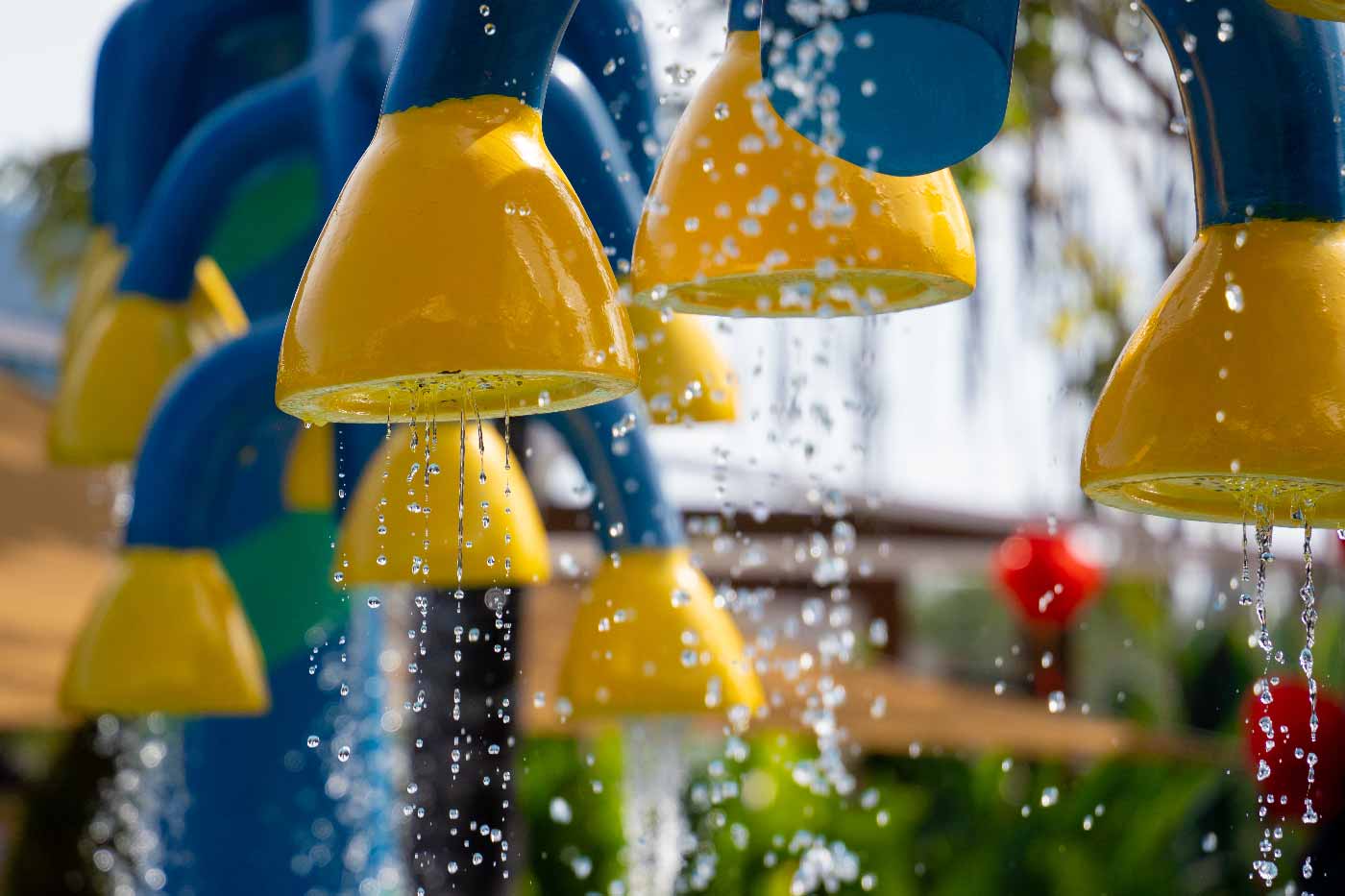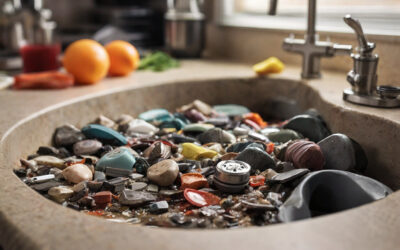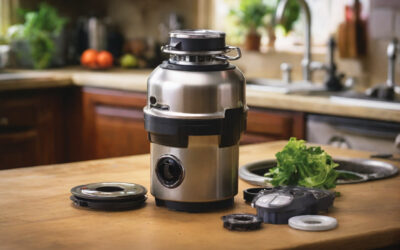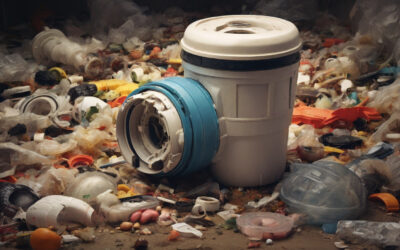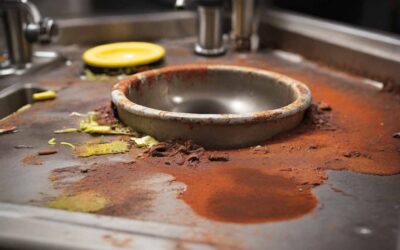In the quest for conserving water and lowering your utility bills. Figuring out how much water you use for everyday activities becomes important. Showering is an activity that consumes a significant amount of water. The average shower lasts around 8 minutes and uses approximately 17 gallons of water.
We will delve into the impact of showering on water consumption. Explore ways to reduce water usage without sacrificing comfort, and highlight the benefits of adopting water-efficient showering habits. By the end, you will have a clearer knowledge of How Many Gallons of Water Shower are consumed. Also how you can make a positive impact on both the environment and your wallet.
Calculating Water Usage
When it comes to learning the water usage of your shower, several factors need consideration. From the average shower flow rate to the duration of your shower, each aspect plays a crucial role in determining how many gallons of water you use. In this section, we will delve into these factors to help you calculate your water consumption accurately.
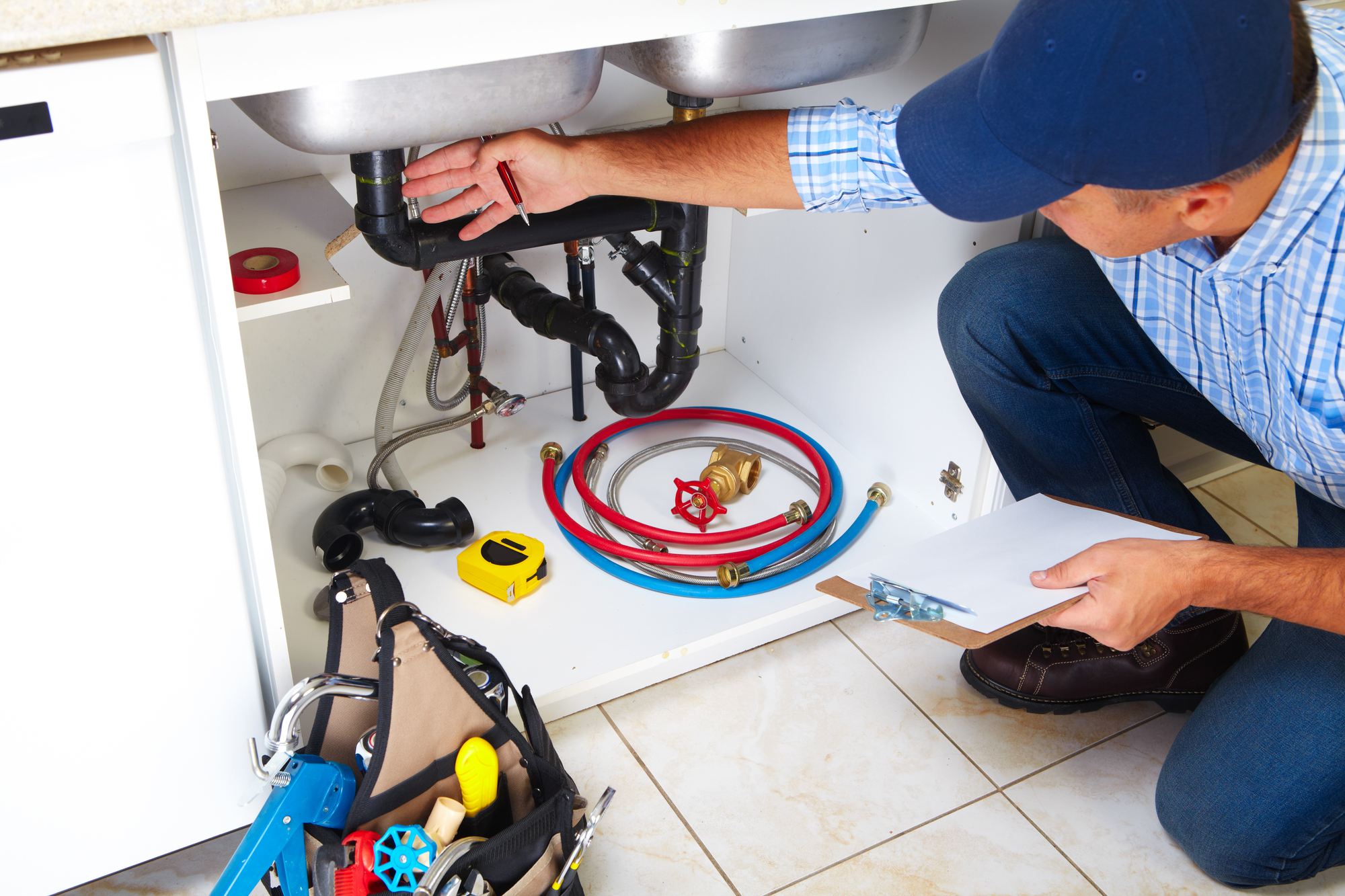
Average Shower Flow Rate
The flow rate of your showerhead is a key factor in determining the amount of water you use during each shower. The average shower flow rate typically ranges between 2.1 to 2.5 gallons per minute (gpm). However, it’s worth checking the specification of your specific showerhead to find the exact flow rate.
Duration Of Shower
The duration of your shower also significantly affects how much water you consume. Every minute spent in the shower contributes to your water usage. It’s essential to be mindful of the time you spend in the shower to conserve water. On average, a typical shower lasts for about 8 minutes. However, it’s important to note that shower duration varies from person to person.
To determine the total amount of water you use during a shower, you can multiply the average shower flow rate by the shower duration.
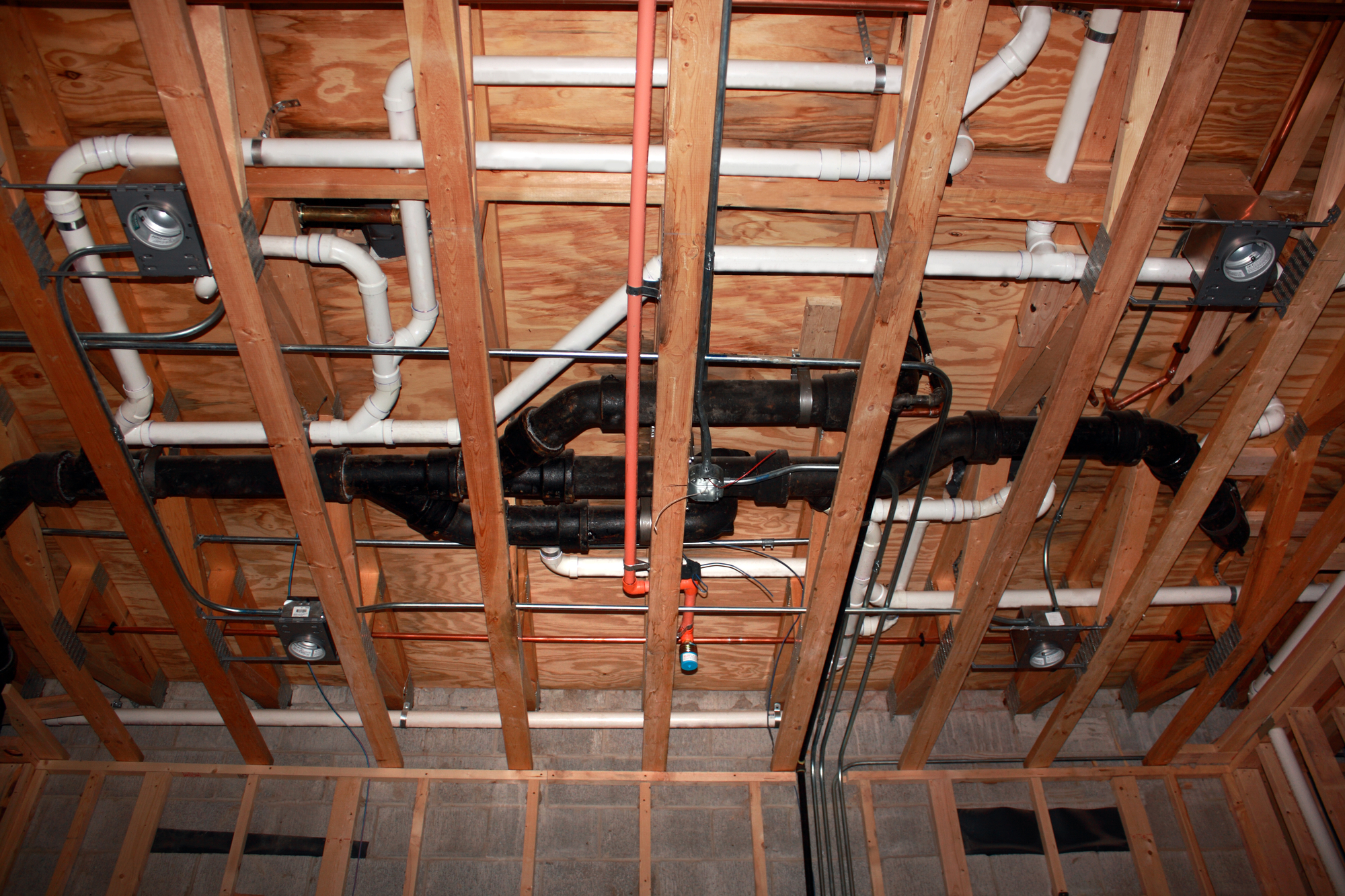
Total water usage (gallons) = Average shower flow rate (gpm) x Shower duration (minutes)
For example, if your showerhead has a flow rate of 2.5 gpm and you shower for 8 minutes:
Total water usage (gallons) = 2.5 gpm x 8 minutes
By multiplying these values, you can calculate that you would use approximately 20 gallons of water for this specific shower.
It’s important to note that these calculations are approximate, as everyone’s shower habits and flow rates may vary. Additionally, different types of showers may have different flow rates and ultimately impact your water usage differently.
By knowing how many gallons of water a shower uses can help you take initiative steps. With this knowledge in mind, you can make informed decisions on how much water to use for your daily routine.
Factors Affecting Water Usage
The amount of water used during a shower is influenced by several factors, including the showerhead flow rate, shower duration, and individual water conservation efforts. Knowing these factors can help individuals reduce their water usage and promote sustainability.
Factors Affecting Water Usage When it comes to estimating how many gallons of water a shower uses, various factors come into play. These factors are crucial in determining how much water you consume during your daily showers. Let’s delve into three key factors that affect water usage: the type of showerhead, water conservation practices, and the duration of your showers.
Type of Showerhead
The type of showerhead you use significantly impacts the amount of water consumed. Traditional showerheads tend to have a higher flow rate, meaning they use more water per minute. On the other hand, water-saving showerheads are designed to restrict the flow, enabling you to conserve water without compromising on your shower experience. These water-efficient showerheads typically have a flow rate of around 1.5 to 2 gallons per minute (gpm), whereas older, less efficient models can have flow rates of 2.5 gpm or higher. Considering the type of showerhead you have is crucial to detect how many gallons of water your shower might use. If you’re still using an older model, it might be worth considering upgrading to a water-saving showerhead to reduce water consumption.
Water Conservation Practices
Aside from the type of showerhead, your water conservation practices also influence water usage. Cultivating habits that minimize water waste can significantly reduce the gallons of water used during a shower. Here are some simple yet effective practices you can adopt to conserve water:
- Take shorter showers: By reducing the time spent in the shower, you can save a considerable amount of water. Aim for showers that last around 5-10 minutes.
- Turn off the water when not in use: Many of us leave the water running while we shampoo, condition, or lather up. By turning off the water during these moments, you can save gallons of water in each shower.
- Use a shower timer: Installing a shower timer can help you keep track of your shower duration and encourages you to keep it within an eco-friendly time frame.
- Install low-flow showerheads: Upgrading to a low-flow showerhead can significantly reduce water usage without sacrificing comfort or water pressure. These showerheads typically restrict the flow to a certain amount of gallons per minute.
| Shower Type | Average Water Usage |
| Standard Showerhead | 2.5 gallons per minute |
| Low-flow Showerhead | 1.5 gallons per minute |
How Many Gallons Of Water Shower
When it comes to understanding how many gallons of water a shower uses, it’s essential to consider the regular water usage and the effect on your water bills. Knowing the average amount of water used in a shower can help in taking steps to conserve water and save money. Let’s delve into these aspects in more detail.
What Is The Regular Usage Of Water In A Shower?
On average, a standard showerhead uses around 2.5 gallons of water per minute. Considering an average shower duration of 10 minutes, a regular shower can consume around 25 gallons of water. Another average showcase shower uses approximately 2.1 gallons of water per minute. An 8-minute shower can use around 17 gallons of water. This figure can vary based on the type and efficiency of the showerhead, and individual shower habits.
What Is The Effect On Money For Water Shower?
Figuring out how much water does a shower use also impacts your water bills. With the national average water cost per gallon being around $0.004, a 10-minute shower can cost approximately 10 cents in water usage. Over time, this can significantly contribute to your overall water expenses.
Environmental Impact
How many gallons of water shower and the environmental impact are significant concerns in today’s world. With the growing water scarcity concerns and the need for sustainable showering practices, it’s crucial to understand the implications of water usage.
Water Scarcity Concerns
Water scarcity is a pressing issue globally. It’s important to recognize How many gallons of water shower can contribute to this problem. On average, a standard shower uses approximately 2.5 gallons of water per minute, while a typical bathtub can hold around 36 gallons of water.
Sustainable Showering Practices
To address these concerns, adopting sustainable showering practices is essential. Implementing measures such as using low-flow showerheads and faucets can significantly reduce water consumption. Additionally, being mindful of how much water to fill a bathtub and opting for showers instead can further contribute to conservation efforts. Adopting sustainable showering practices can significantly contribute to reducing the environmental impact of water usage. Installing low-flow showerheads, which limits water flow, and utilizing innovative technologies. Such as greywater recycling systems, facilitating water consumption, and promoting efficiency and sustainability in water usage.
Tips For Reducing Water Consumption
Reducing water consumption is not only beneficial for the environment but also for your utility bills. By implementing simple changes to your daily shower routine, you can save gallons of water every day. Here are some effective tips to help you reduce your water usage during showers:
Efficient Showerhead Selection
Choosing an efficient showerhead is a crucial step towards conserving water. Opt for low-flow showerheads that are designed to limit the water flow rate without compromising on the shower experience. These showerheads use as little as 1.5 gallons of water per minute, saving up to 40% of water compared to regular showerheads.
When it comes to efficient showerhead selection. Look for labels such as “WaterSense” or “low-flow” to ensure you are choosing a water-saving option. By installing an efficient showerhead, you can enjoy a refreshing shower while significantly reducing your water usage.
Shorter Showers
One of the easiest and most effective ways to save water during showers is by keeping them short and sweet. Try to minimize the time you spend in the shower to limit water wastage. Simply reducing your shower time by a few minutes can have a significant impact on water conservation.
Instead of taking long, leisurely showers, aim to be more efficient by turning off the water while you wait. This small change can save gallons of water every time you shower. By being mindful of your shower time and making the most of every minute. You can contribute to both water conservation and lower water bills.
Tips On How To Save Money During Water Shower
If you are looking to save money during your daily water showers, here are a few additional tips:
- Consider using a water-saving valve or flow restrictor to control the water flow in your shower. This can help reduce water consumption even further.
- In addition to shorter showers, turn off the water while you shampoo or condition your hair to minimize water wastage.
- Collect excess water while waiting for the temperature to adjust and use it for other purposes like watering plants or flushing the toilet.
By implementing these simple tips, you can reduce your water consumption during showers. Which ultimately saves money on your utility bills while contributing to a sustainable future.
Frequently Asked Questions
How Many Gallons Of Water Does An Average Shower Use?
An average shower uses around 2. 5 gallons of water per minute, so a 10-minute shower would use approximately 25 gallons of water. However, this can vary depending on factors such as the flow rate of your showerhead and your personal water usage habits.
Can Taking Shorter Showers Save Water?
Yes, taking shorter showers can help conserve water. By reducing your shower time by just 2 minutes, you can save up to 5 gallons of water each day. Multiply that by the number of family members and the savings can really add up.
How Can I Reduce Water Consumption While Showering?
To reduce water consumption while showering, consider installing a low-flow showerhead, which can save up to 2. 5 gallons of water per minute. Additionally, taking shorter showers, turning the water off when lathering or shaving, and fixing any leaks can help conserve water.
Is It Better To Take A Bath Or Shower For Water Conservation?
Generally, taking a shower is more water-efficient than taking a bath. A shower uses less water than filling a bathtub. However, to further conserve water, consider taking a short shower instead of a long one and installing water-saving fixtures.
Conclusion
Learning How Many Gallons of Water Shower are used in a shower is crucial for water conservation and reduction. By being mindful of our shower habits and implementing water-saving measures. Such as installing low-flow showerheads and taking shorter showers. In this way, we can minimize our water usage and contribute to a more sustainable future.

